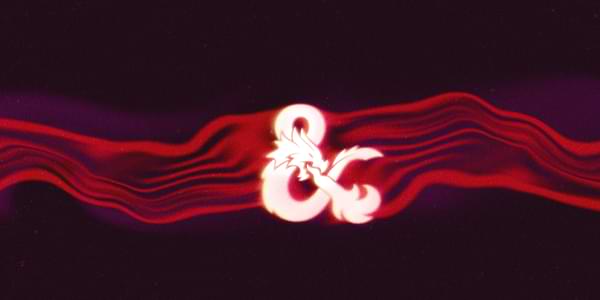In line with many other tabletop roleplaying games, such as Pathfinder or Level Up, One D&D is removing the term 'race'. Where Pathfinder uses 'Ancestry' and Level Up uses 'Heritage', One D&D will be using 'Species'.

 www.dndbeyond.com
www.dndbeyond.com
In a blog post, WotC announced that "We have made the decision to move on from using the term "race" everywhere in One D&D, and we do not intend to return to that term."
Moving On From 'Race' in the 2024 Core Rulebooks
We understand "race" is a problematic term that has had prejudiced links between real world people and the fantasy peoples of D&D worlds.
In a blog post, WotC announced that "We have made the decision to move on from using the term "race" everywhere in One D&D, and we do not intend to return to that term."



